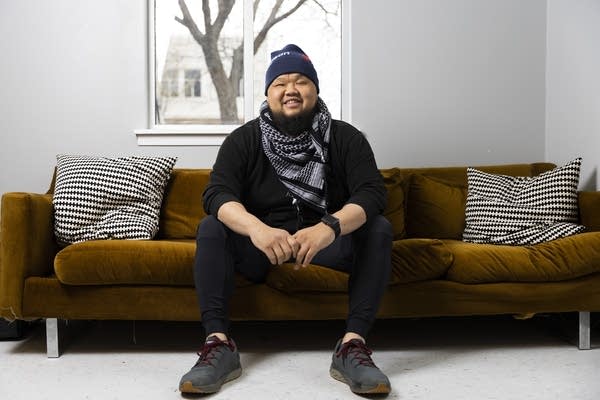Chef Yia Vang on discovering his father’s heroism and what he tells the kids with ‘stinky’ lunches

Yia Vang inside what will soon be Vinai, his new restaurant venture opening this year in northeast Minneapolis.
Jaida Grey Eagle | Sahan Journal
Go Deeper.
Create an account or log in to save stories.
Like this?
Thanks for liking this story! We have added it to a list of your favorite stories.


